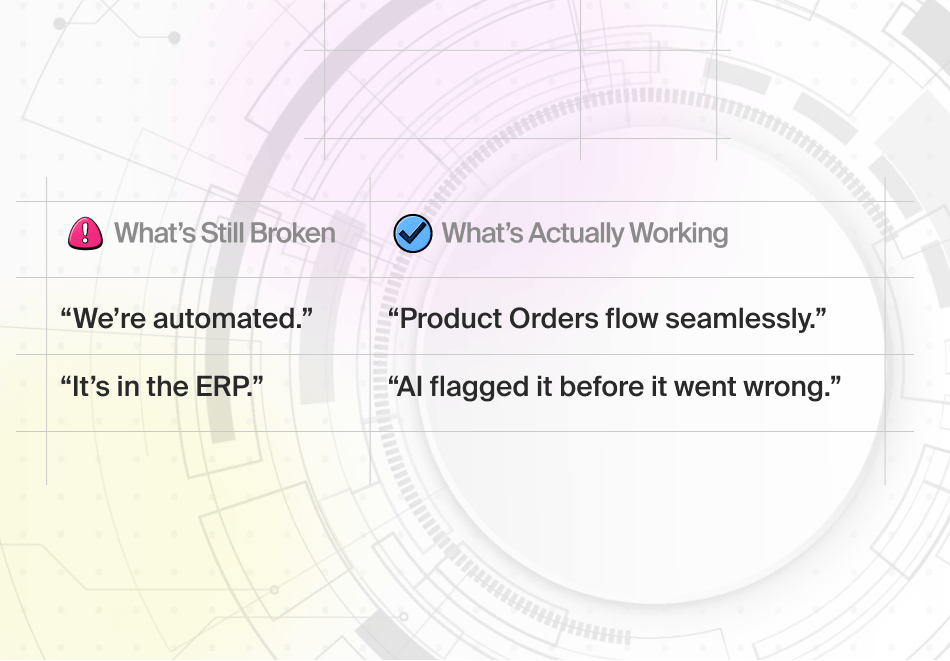At a Glance
- The word value implies the most important outcome in a healthcare setting, measuring improvement in a patient’s condition. Value-based healthcare keeps this measure at its core.
- While many hospitals and healthcare facilities (both private and government-funded) are looking to move away from the free-form structure, taking the right steps is crucial while implementing a value-based framework.
- There are many factors to be considered while thinking about value-based healthcare and its future improvement in a patient’s health. The impetus is on the cost of actual effort, healthcare professionals involved, provision of better healthcare facilities, continuous research by independent bodies to measure the value-based healthcare system’s efficacy, and newer tools and technologies to help in this implementation.
Healthcare has been at the focal point of every nation, every county, and every region in 2020 with the ongoing coronavirus pandemic. Now more than ever, there is a need for reform, a qualitatively superior healthcare infrastructure. This need has been felt for decades now, which is where the concept of value-based healthcare caught experts’ eyes.
Newer, exciting technologies and governments’ interest in bringing about transformation in the care system is what got things moving in the value-based format’s direction. While the world is making great strides in this direction, stakeholders are still looking at various challenges in accelerating value-based systems’ implementation while getting its benefits.
According to a recent poll conducted by Definitive Healthcare (A USA-based Data Analytics firm), lack of resources (short-staffed, insufficient healthcare IT software, etc.) ranks as the most significant barrier (25 percent) to implementing value-based care.
Some of the other challenges in this direction are:
- Rigid or unclear governmental policies
- Financial risks involved
- Lack of guidance for health organizations to move from conventional payroll software to newer, more sophisticated tools
- Data management and analysis (pertaining to patient information)
- Tools to accurately calculate health outcome in terms of value to the patient instead of volume
- Lack of skills to leverage the latest care management tools to gain maximum benefits
This article discusses ways to accelerate the implementation of value-based healthcare and how the future looks for this transformative system.
How can Organizations Implement Value-based Healthcare?
1.Determine the medical facets for a value-based healthcare system implementation:In the beginning, health organizations are advised to categorize and prioritize the areas of medical care where they wish to go for a value-based format. Based on your goals, you can either implement this system for state-insured healthcare or high-burden medical areas or the ones where professionals have to deal with high volume frequently. This type of categorization will help you set intermediate goals and systematically implement and assess the benefits of a value-based healthcare format. It will also encourage the employees to adapt to the change in a gradual, phased, and systematic manner.
2.Make use of technology to expedite the implementation process:We live in the age of digital advancements and an abundance of data. By leveraging these two strategically, you can take leaps ahead in terms of not only implementing but accurately running a value-based healthcare system. Tools and software of the digitized era allow hospitals to maintain each patient’s data and to calculate health benefits for them with ease. Take Microsoft Dynamics 365 ERP for an example. This tool facilitates data collation, analysis, automated report generation, and across the board rollout of the latest health plans for medical care facilities.
3.Think of healthcare as an integrated stream with multidisciplinary bodies:In a conventional, free-form healthcare system, medical personnel worked in silos. This creates a barrier amongst different faculties- medical, paramedical, and operational. To successfully implement a value-based healthcare system, organizations need to think of healthcare as a cumulative system where all the disciplines should have access to a centralized data pool to input their findings and generate insights pertaining to patient output.
Future of Value-based Healthcare: What Lies Ahead
Figure 1:Value-based Healthcare: The Multi-pronged Approach

The Covid-19 pandemic has compelled governments worldwide to inspect their healthcare infrastructure. As the world navigates through these tricky times, it is a given that there will be significant reformations in the medical care system globally. Speaking specifically about the value-based healthcare format, here are some of the upcoming value based care trends that organizations need to keep a tab on:
- Encouraging movement towards the value-based healthcare system because of the implementation of risk-sharing models.
- The emergence of cloud-based, one-stop-solution IT infrastructure to facilitate the value-based medical care system.
- Need for motivating factors and incentives for the medical staff to keep on working in a value-based ecosystem.
- Increased mergers and acquisitions, giving rise to corporate investments in the healthcare system.
To sum it up, any organization or a healthcare facility looking to implement and sustain a value-based healthcare system will need to internalize a behavior change. This behavior will be driven by the need to enhance patient outcomes. Similarly, technology will play a significant role in this type of implementation. Professionals in the medical domain will need to upgrade their technological know-how to effectively leverage a value-based care system’s benefits.
Key Takeaways
- The world is looking at value-based healthcare as the next big thing in the medical domain, and thus there is a need for more advancements to facilitate accelerated implementations.
- Medical professionals, technology consultants, business experts, and investors will play a key role in sustaining this type of transformative healthcare format.
Start Your Digital Transformation Journey with Assessment








